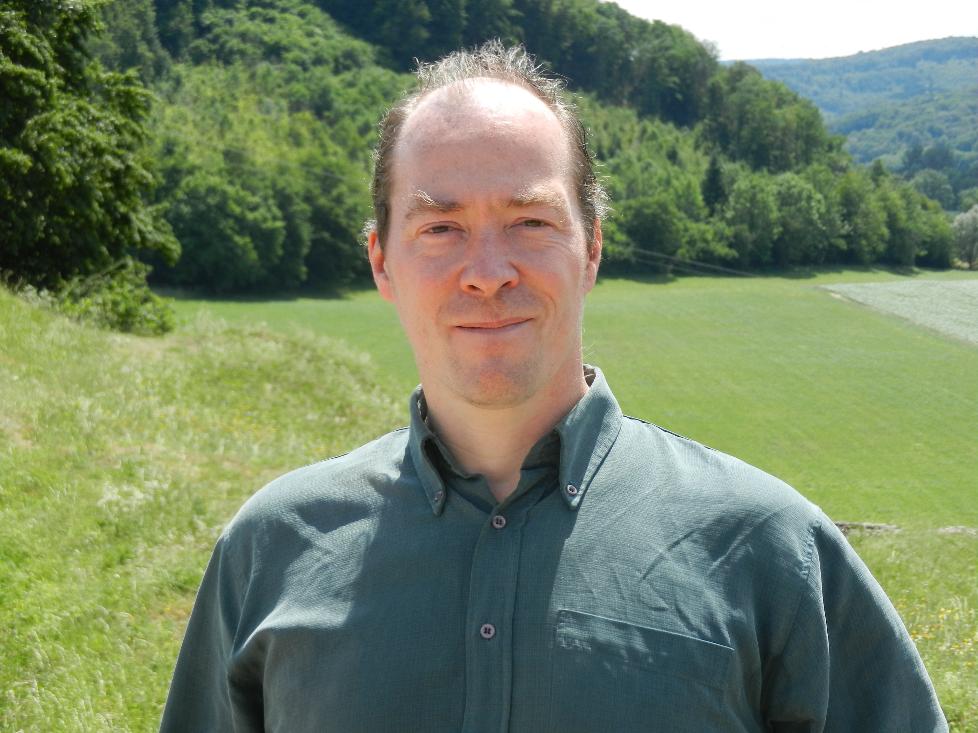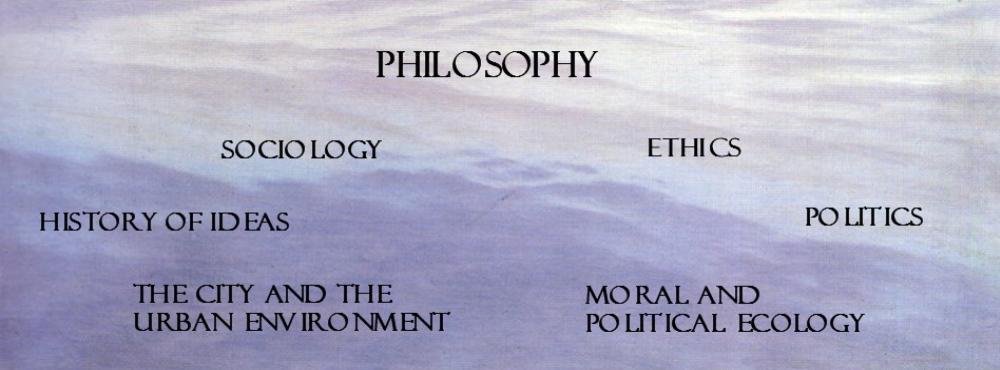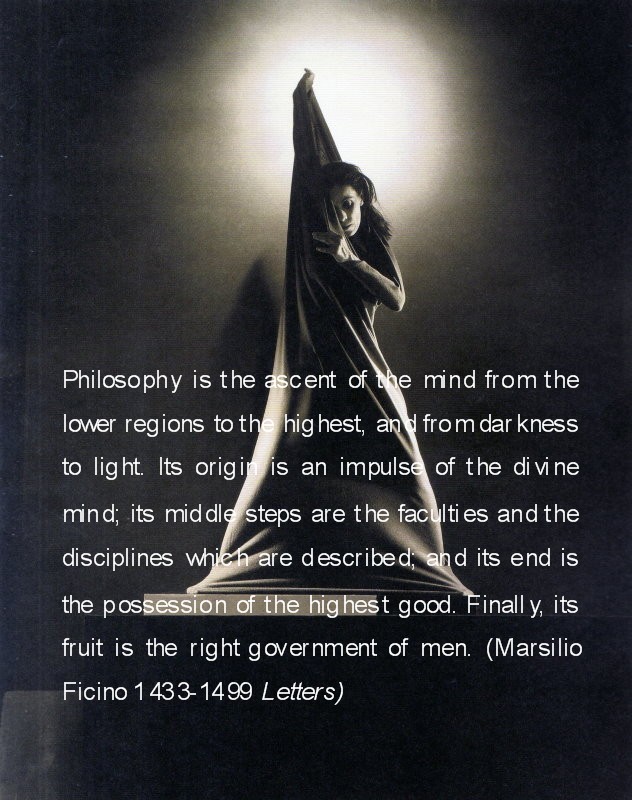Welcome to Peter Critchley e-Akademeia
learning to some purpose!
e-tutoring and e-learning in the Humanities and Social Sciences.
A level, graduate and post-graduate, research.
From learning points and materials to help in essay writing.
I also welcome interest from those not engaged in formal education but who wish to study a certain subject or field for its intrinsic merits.

Peter Critchley e-Akademeia
Peter Critchley e-Akademeia is an e-tutoring company offering comprehensive coverage in the Humanities and Social Sciences, from A level to first year graduate level, with possibilities for specialism at more advanced levels.
e-Akademeia offers the following tutoring services:
- general coverage in Philosophy, Ethics, Sociology, Government and Politics;
- A level to graduate;
- specialist help in Ethics, Political and Social Theory, Philosophy;
- help in writing essays, reports and other extended pieces of written work;
- help with research in specific fields;
- provision of learning materials and courses of studies to those outside of formal education.
Policy with regard to essays and written work
The e-Akademeia policy is to work with learners to help them achieve their learning goals by their own efforts. e-Akademeia is committed to working with rather than for learners. All we ask is a commitment to work and learn on the part of each learner. e-Akademeia helps learners to formulate their own ideas, present their materials, structure their arguments in an original and effective way. This approach is designed to draw out learners' own innate abilities and interests in achieving learning goals.
Contact e-Akademeia today to find out how we can make your studying a success.
petercritchley-e-akademeia.yolasite.com
IMPORTANT NOTICE
I am currently researching and writing two new books:
Being at One: Making a Home in the Earth's Commonwealth of Virtue
Being and Place: Reason, Nature and Society
Both books involve substantial research across several fields. I have therefore had to put my tutoring activities on hold for the present time. I shall, however, be returning in the future with a new programme based upon these above books. Details are given on the Programmes page. I wish to link my research interests and tutoring directly under the title of Being and Place, and deliver a course on philosophy, ethics, ecology and the built environment. Watch this space. It will be an exciting new venture. More than ever, we need individuals who are capable of bridging the worlds of theoretical and practical reason. My programme will be concerned to develop an eco-praxis for our times.
Further details can be found on my "Being and Place" website. http://pcritchley2.wix.com/beingandplace#!being-and-place/c5qo

Personal Introduction
My name is Dr Peter Critchley, and I am a tutor, writer and researcher with more than twenty years of experience in the academic world.
I provide a wide range of learning services, and offer an innovative approach to e-tutoring in the Humanities and Social Sciences, from A level to postgraduate.
I emphasise learning as a joint endeavour driven by learners' needs, with materials tailored to learners' goals.
I am committed to seeing every task undertaken through to successful completion, giving students full value and satisfaction.
In addition to students working towards qualifications, I particularly welcome interest from those learners who are not engaged in formal study but who wish to pursue a subject out of personal interest. I can put together a course of studies of the highest academic standards to meet the requirements of this group of learners, either on an individual basis or as part of a wider group of learners connected by electronic media. With the costs of HE becoming prohibitive, a whole group of learners are being excluded from degree level subjects. I am actively seeking to cater for the learning needs of this group, tailoring materials to level and interests of learners.
Subjects Offered
With a PhD in the field of Philosophy, Ethics and Politics and a first degree in History, Economics, Sociology and Government and Politics, I am an intellectual range rider with a record of achievement across the Humanities and Social Sciences. My interdisciplinary approach gives my work a unique flavour and also gives students an advantage when constructing their arguments. I have breadth and depth in terms of subject knowledge and can draw upon an extensive range of source materials in tailoring my tutoring to the specific level and needs of the student.
I have a comprehensive set of academic materials, which I have arranged thematically and which may be used as course and learning material in a range of disciplines. I list below the fields I offer and the levels I have attained in each:
Philosophy (Ph.D. Post Doctoral)
(Continental Philosophy; Ethics; History of Ethics; Philosophy; History of Ideas).
Political Philosophy (Ph.D. Post Doctoral BA)
(Contemporary Democratic Theory; History of Democracy; Contemporary Political Philosophy; Political Ideologies; Political Philosophers).
Government and Politics (BA)
Sociology (Ph.D. BA)
(Themes in Sociology; Ideology; Sociology in Historical Perspective; The Methodology and Philosophy of Social Science).
History (A level BA)
(Social and Economic History 1700-2000; The Enlightenment and the European Mind 1680-1800; The Renaissance; History of Ideas; Sixteenth Century Europe; Europe 1600-2000).
Urban Studies (Post Doctoral)
(Cities in Civilisation; Urban Design; Urban and Regional Planning; Town and Country Planning; Urban Geography; Urban Political Economy; Urban Sociology; City Cultures; Urban Networks; Global Cities; Urban Ecology; The Urban Public Realm; Urban Futures).
I can also offer good coverage in the field of Environmental Ethics and Politics, my current research interest.
Further details can be found on the Subjects page.


Biography
Dr Peter Critchley
I am 48 years of age and have extensive doctoral and post-doctoral research experience. The extent and range of my research activity can be seen at
http://mmu.academia.edu/PeterCritchley
I have a first degree in the Social Sciences (Economics, History, Sociology and Politics) and a Ph.D. in Philosophy (covering areas of Ethics, Political and Social Theory). I am able to tutor in the Humanities and Social Sciences from 'A' level to undergraduate level and, in my specialist areas, at postgraduate level. I welcome interest from those outside of formal education who wish to study courses and subjects of interest to them.
I am a patient and approachable tutor and can offer tutoring in a range of subjects in the Humanities and Social Sciences - Philosophy, Ethics, Political Philosophy, Government and Politics, Sociology, Urban Studies, History - from A-level to post-graduate research.
I offer extensive coverage in terms of subject knowledge.
I help students on specific learning points as well as guiding them on whole themes and topics.
I help students with their written assignments, reports and essays. Once students have decided on the approaches to be taken and the materials to be used, I offer further help in structure, writing, citation and use of sources. I do not offer essay plans, templates etc. I emphasise originality in written work.
Approach to Tutoring
I consider achievement to be the result of deliberate design and conscious purpose. I have extensive subject materials across all disciplines, tailored to learning points and levels. The materials are both bespoke to students and generic, designed to meet learning goals.
Delivery and contact is by e-mail. I can meet in the Merseyside area.
I take pride in helping students to expand their subject knowledge and deepen their understanding of it .
I emphasise learning as a joint process between tutor and student. With a commitment to learn on the part of the student, I can channel time and effort in the right direction in order to ensure student success. I offer a passion for ideas and a supportive approach to learning, seeing every task undertaken through to successful completion.
With a current research record, I appreciate that knowledge is never static. I therefore make a conscious effort to keep up-to-date with the latest theories and publications.
An electronic educational grassroots
The Akademeia project is designed to meet the needs for those in formal education and those who are seeking to further their knowledge and understanding in a particular subject area. This could be preparatory for entry to FE or HE or simply as an end in itself. Akademeia draws on an extensive range of materials to tailor learning to the needs of the individual.
The project is designed to return philosophy to its origins in the human habitus, as something that human beings do in making sense of their world and investing their lives with meaning. I follow the origins of the word 'education' in the Latin educare, meaning to draw out, elicit. I work with the innate natural curiosity to expand knowledge and understanding of a subject.
"We want to make a genuine study of the subject and use it to convert the mind's natural intelligence to a useful purpose."
Plato (The Republic Part 8 The Education of the Philosopher)
Mission Statement
The name Akademeia derives from ancient Greece. It was linked as early as 6th century BC with the legendary Athenian hero "Akademos". The Academy was the name of the school founded by Plato in Athens around 387 BC. Aristotle studied here for twenty years (367 BC – 347 BC) before leaving to found his own school, the Lyceum.
Before the Akademeia became a school, it contained a sacred grove dedicated to Athena, the Goddess of Wisdom, outside the city walls of ancient Athens.
e-Akademeia is conceived in the spirit of Socrates and adopts his dialogic, interactive conception of philosophy as against the didactic model. Socrates was no ivory tower philosopher but took philosophy to the people, into the streets and the market places, wherever people gathered. Now, we have an electronic grassroots, and this is where I see the new agora.
My roots are in this Athenian pursuit of wisdom, philosophy as an ethos, a way of living the examined life.
Philosophy for Living
Philosophy in this conception is not just about intellect. Ideas at rest stay at rest until someone sets them into motion. All successful human actions and organizations begin when individuals stop following a pre-determined path and decide to do something different, something better. Socrates’ great achievement was to bring philosophy down to earth, emphasising that philosophy is a way of life that is meant to be lived as philosophy. Socrates was always clear that philosophy is an ethos, a practice, something that human beings do as an integral part of their essential humanity.
Philosophy as ethos remains philosophy, entailing a commitment to the three transcendentals of the true, the good and the beautiful. A philosophical ethos is a commitment to realise philosophy, to make philosophy worldly and to make the world philosophical.
e-Akademeia draws on an extensive database of materials from a range of subject disciplines across the Humanities and Social Sciences. These can be tailored to both students engaged in formal learning and to those who are not studying for formal qualifications but who want to extend and deepen their knowledge and understanding in fields of interest to them.
Ethos - Critical Thinking
I can offer breadth and depth in subject knowledge but above all I draw on my background in philosophy to foster students’ abilities to think, reason and write in a coherent way, demonstrating logical clarity and analytical rigour. I am dedicated to learning as an enlargement of the critical faculties. I place the accent on developing the capacity for critical thought and evaluation, exposing students to alternative possibilities within a wide range of materials, and encouraging them to solve problems creatively and develop their own unique view.
I encourage students to take a proactive approach to their selection and use of materials. I see learning as a joint endeavour, with tutor and student as partners in realising a common objective. I am very patient and enjoy helping students reach their goals.
I adopt an enquiry based approach to learning and encourage a variety of teaching and learning styles. In addition to developing a number of transferable skills - discussion, debate, evaluation and researching information using a variety of techniques and analysis – my approach encourages students to address moral, cultural and political dimensions and to appreciate the significance of values to problem solving and decision making.
I encourage students to be critical in the accessing, assimilation, and application of materials, emphasising how such principles can be applied in future studies, in the determination of aims and objectives, evaluations, and decision making.
I draw out a student’s intellectual curiosity, encouraging a genuine, enduring interest in the subjects on the part of students. I believe that ideas matter and can make a difference in the world, enabling students to realise their potentials, changing themselves and their world for the better.
I invite you to get in touch with me at
http://petercritchley-e-akademeia.yolasite.com/contact-us.php
to see how my innovative approach to e-tutoring could fit your own learning style.
I invite you to read on and learn more about the way I set my approach to learning within my "Being and Place" project. This is about so much more than exams and grades and certificates.
Critical Praxis - An Engaged Philosophy
I set the tutoring I offer across a range of disciplines spanning the humanities and social sciences within a broader concern with “Being and Place”, a radical, creative self-education that develops a living philosophy. I am looking to go beyond the academic and instrumental approach to knowledge to develop the skills, approaches and qualities we are going to need in order to meet the social, moral and ecological challenges we face. I like the word ‘collaborate’, from the Latin, meaning ‘to work together’. We need to learn how to work together, live together, learn together, get to the root of the matter, think, be critical, see life and its living as a collective endeavour. I want people to think through the theory, not just acquire knowledge but apply it, and put the ‘what’, ‘why’ and ‘how’ questions together in a critical, creative, cultural praxis. I seek not just to deliver ‘chunks of knowledge’ in order to get the grades and the certificates, but to transmit the inspiration, the enthusiasm, the sheer intellectual curiosity that drove those who created our immense body of learning. And I seek individuals who are concerned to bring this learning into their lives, networks, and practices so as to develop a rich, engaged, experience. There’s no knowing what this approach could achieve in time, there is no way of measuring its success. It is a qualitative growth outwards into the world, not a table of quantifiable results. I do know that the neoliberal marketization of education, reducing learning to quantity, in terms of money, grades and certificates, is the very antithesis of learning as a change in behaviour, dulling innate curiosity and teaching conformity. And I reject it.
I believe that critical thought and practical activity go together when it comes to changing the world we live in for the better. I don’t believe in some blind activism, but develop an engaged philosophy informed by a critical awareness and understanding. With this in mind, I teach a moral and cultural praxis in relation to the world we live in, emphasising that the world is not an objective datum external to human meaning, purpose and activism, but a ceaselessly creative co-creation subject to human intervention, alteration and change. I affirm the power of human collective endeavour, education as an integral part of creating a public life, in opposition to those who would expropriate, privatise, monopolise and instrumentalise education. We need to reclaim our educational commons, educating each other and our society in bringing learning to the heart of the everyday lifeworld.
I am interested in those who wish to see the world other than it is at the moment, a better, more generous, more public-minded world, a world more at ease with itself, those people who are prepared to act on their knowledge and employ their critical faculties in taking the actions necessary to make that ideal vision a reality. Here, in this critical praxis based approach, the power of words fuses with the power of action. At the core of the “Being and Place” programme are the key issues of power, authority, control, freedom, democracy, responsibility, institutional mechanisms and mediation, social relations, social identity, knowledge, embodiment, conviction, character, commitment, community, meaning, agency, purpose, desire, energy, engagement, hope, fear, despair. How to collaborate in pooling our social, moral and cultural resources in envisaging and building the future society. As a critical programme, I see “Being and Place” as a reflexive thinking space for an engaged philosophy of life, bringing together ways of thinking, learning, doing and being in the everyday social life world. Socrates was celebrated for bringing philosophy down to earth, into the common affairs of human beings. It is time to complete that project by coming out of the specialist institutions separated from society and integrating philosophy in society as the ‘university of life’.
In fine, the services offered here can be ‘discipline’ focused, specific concerns within specific subject areas based on specific considerations with respect to formal education. But my long-term ambitions transcend that limited focus and instead develop “Being and Place” as a project, a collaborative project which seeks to address the needs of the human race in the context of social and environmental crisis. More than ever before, we need learning that enables people to engage with real-world issues, equips them with the vision, imagination, intelligence and determination to get involved in world-changing, world-building projects. Good grades and passing exams may well be important. I had those concerns myself. But a record of straight A’s may promise future career success, but will count for nothing if we continue with the social and ecological activities that will deny us any kind of future except a nightmarish one. Utopian? Possibly. The key to realising any desirable state in society is to raise it as an ideal long before its conditions for attainment are apparent. In pursuing that ideal, we create the conditions for its realisation, in our organisational activities and also in our learning and (self)education. This is the ‘vision thing’ that is central to my approach. I do not know whether this visioning will succeed. I do know that, through our failure to envisage a future that is something other than the projection of current ‘objective’ trends and tendencies, we will sacrifice our subjectivity and perish in short order.
See more at my Being and Place site:
http://pcritchley2.wix.com/beingandplace
| 01744 735480